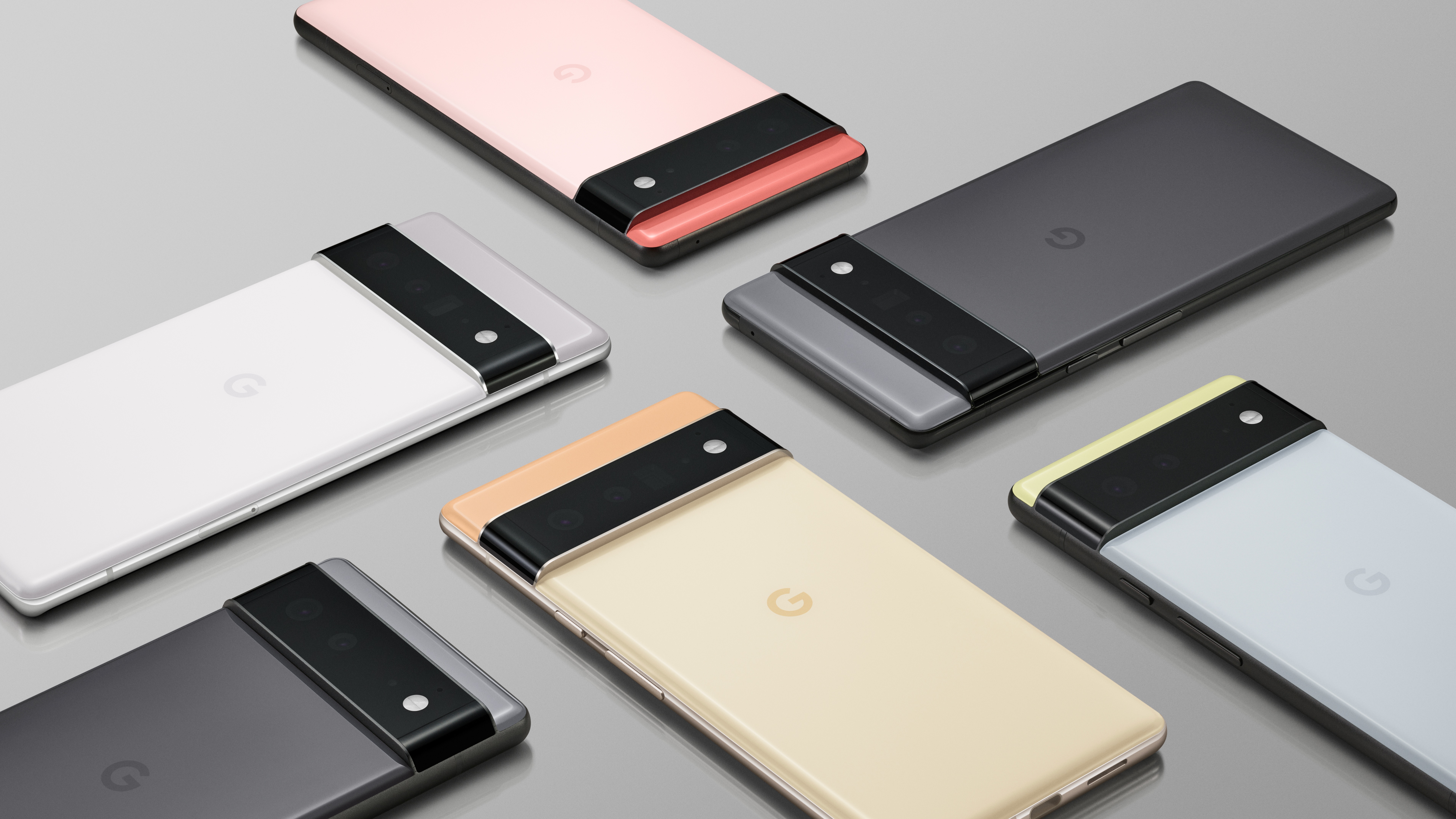Google's Pixel 6 has a secret weapon in its Tensor hardware
This might be the fastest Android yet

This might not come as a massive surprise, but it looks like Google’ own, specially designed silicon for the upcoming Pixel 6 is going to give it a massive power advantage over other Android phones. The new Tensor chip is clearly designed to follow Apple’s success with its own custom chips in iPhone, iPad and now, its Mac range. We may even see Google deploy these chips in Chromebooks at some point.
While we can’t say for sure if it’s authentic, the Google Pixel 6 Pro appeared in benchmarks on Geekbench last weekend, reports 9to5Google. However it’s not the benchmark itself that’s the most interesting thing, rather the layout of the chip that runs the phone. It appears that Google is using two high performance cores, two mid-level and two low power cores. The advantage here is that the Pixel 6 Pro will be able to rip through complex tasks, but perhaps at the cost of battery life.
- Seeing the Google Pixel 6 in its new video has made up my mind
- Google Pixel 6 announced with custom processor and wild new camera design
The trick, then, for the Google Pixel 6 Pro is going to be how it manages power through the day, not to mention heat, which will be another issue for a device with two very high performance cores. Owners won’t be amused if their Pixel 6 is the fastest Android phone ever, if it then runs out of juice at 10:30am.
It makes sense that Google would want to make a splash with its new processor. Its Pixel phones are already feature-packed and largely loved by those who own them. Even more power might not affect people day-to-day, but it does boost the longevity of the phone, giving it enough grunt to run power-hungry apps in two, three or maybe even five years.
The hype is building for the Pixel 6 and Pixel 6 Pro. We think these could be some of the best Android handsets out there when they launch next month. The looks are, perhaps a bit divisive, given that camera bump, but the proof of the pudding is in the eating, we can’t wait.
Get all the latest news, reviews, deals and buying guides on gorgeous tech, home and active products from the T3 experts
Ian has been involved in technology journalism since 2007, originally writing about AV hardware back when LCDs and plasma TVs were just gaining popularity. Nearly 15 years on, he remains as excited about how tech can make your life better.